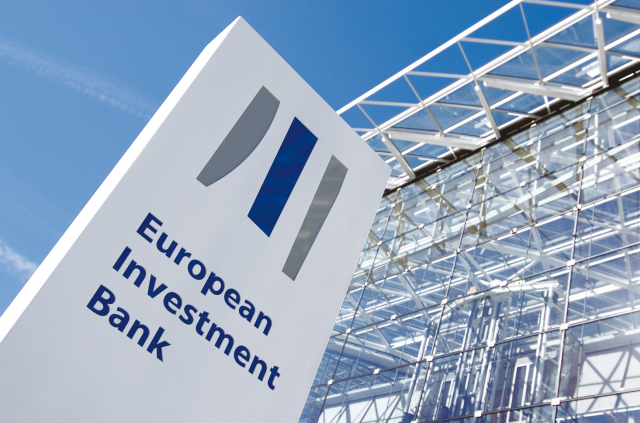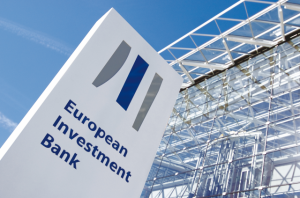Georgia: EIB Supports Urban Reconstruction and Highway Upgrading with EUR 150m
The European Investment Bank (EIB) is extending two loans to Georgia to finance urban reconstruction and the improvement of critical infrastructure.
A EUR 100 million loan, split into two EUR 50 million components, will be used to address the needs resulting from the damage inflicted by the 2015 floods in Tbilisi, and to rebuild and upgrade infrastructure in selected municipalities across the country.
A separate EUR 49.45 million loan will fund upgrades to the E-60 East West Highway, a vital link between western and eastern Georgia.
“These funds will help Georgia to overcome the damage caused by the devastating floods of 2015. They will also support the improvement of critical infrastructure to foster mobility and competitiveness. This is further proof of the EU Bank’s commitment to helping Georgia,” said EIB Vice-President László Baranyay, responsible for the Bank’s operations in Georgia.
The loan for flood recovery is designed to finance – exceptionally – up to 100% of emergency and short-term recovery needs in areas in and around Tbilisi. It will be used to restore basic services, rehabilitate key infrastructure and drive economic recovery.
The urban reconstruction loan will help to upgrade municipal infrastructure in various cities to bring it up to modern standards, including better use of energy and water resources, improvements to solid waste management, rehabilitation of the road network and development of tourism infrastructure.
The loan for the East-West Highway will support the construction of 14.1 km of two-lane carriageway between Zemo Osiauri and Chumateleti, part of the development of 388 km of the E-60 East-West Highway, sections of which have already received EIB funding.
This highway represents a major transit corridor facing heavy lorry traffic including numerous international trucks, particularly from Turkey. Some 40% of the Georgian population live within its catchment area.
“These new EIB funds add to the EU’s already wide-ranging support for the development of Georgia and highlight our commitment to improving the living conditions of a growing number of Georgians.” said Janos Herman, Ambassador of the EU to Georgia.
Since the start of its operations in Georgia in 2010, the EU Bank has signed loans worth EUR 700 million in the country to support projects in the energy, transport and water sectors, and – indirectly through commercial banks – operations assisting SMEs.
Background information:
The EIB – the European Union’s bank – finances projects in Georgia on the basis of an EU mandate for the countries of the Eastern Neighbourhood, the so-called External Lending Mandate (ELM). The 2014-2020 ELM allows for a total amount of Bank financing in the Eastern Neighbourhood of EUR 4.8 billion to support projects of significant interest to both the EU and its Eastern Neighbours in the areas of local private sector development, social and economic infrastructure and climate change. In addition, the Bank has set up a EUR 3 billion own-risk Neighbourhood Finance Facility to enhance its support for the Neighborhood Countries.











